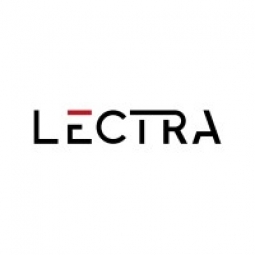Lectra
Case Studies
Maggy LONDON engineers better print placement with lectra technologY
Overview
 |
Maggy LONDON engineers better print placement with lectra technologYLectra |
Functional Applications - Product Lifecycle Management Systems (PLM) | |
Apparel Consumer Goods | |
Product Research & Development Quality Assurance | |
Predictive Quality Analytics Manufacturing System Automation | |
Software Design & Engineering Services System Integration | |
Operational Impact
| The new system allowed for the import of fabrics into Lectra markers, enabling quick visualization of marker layouts and accurate estimation of material use. | |
| The design department and marker development team could now work together to design prints that fit the markers, optimizing fabric usage and saving valuable resources. | |
| The implementation of Lectra's solutions provided Maggy London with the precision needed to meet the demands of private labels and retailers. | |
Quantitative Benefit
| The new system reduced the time required for marker placement by a significant margin. | |
| Material consumption estimation became more accurate, reducing waste and optimizing fabric usage. | |
| The precision of the new system allowed for a margin of error reduced to a matter of inches, improving cost management. | |


